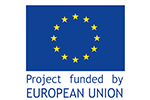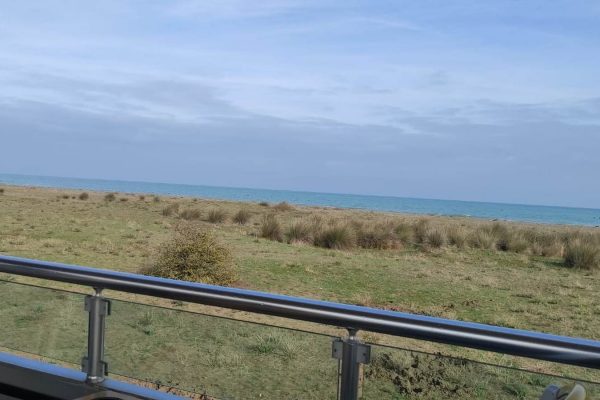On December 14 – 16, 2022, the third transboundary project meeting on the Invasive Alien Species Observatory and Network development for the assessment of climate change impacts in Black Sea deltaic protected areas was held in Samsun, Türkiye. The event was organized by Karadeniz Technical University (KTU-MSF) and was conducted as a hybrid event with both live and online participation of the involved partners.
The primary focus of the meeting was to review and evaluate the project action plan, along with discussions and decision updates for the project tasks. The program of the partner’s meeting consisted of presentations and discussions revolving around the main objectives of the project. The meeting aimed to identify the progress made so far and address any challenges faced in the project’s implementation.
The project’s primary objective is to establish an Invasive Alien Species Observatory and Network for assessing climate change impacts in Black Sea deltaic protected areas. The project seeks to create a platform for exchanging information and developing joint actions among the participating countries, including Turkey, Greece Ukraine, Georgia, and Romania.
The meeting also addressed the challenges encountered in implementing the project and the ways to overcome them.
Additionally, on December 16, a field trip to Kızılırmak Delta was organized as part of the environmental education program, where the students had the opportunity to observe the local flora and fauna and learn more about the importance of preserving natural habitats.
In summary, the third transboundary project meeting on the Invasive Alien Species Observatory and Network development for the assessment of climate change impacts in Black Sea deltaic protected areas was a success. The event provided an opportunity for the participating partners to review progress made, share experiences, and discuss strategies to overcome challenges. The meeting highlighted the importance of transboundary cooperation in addressing invasive alien species and climate change impacts in protected areas.











